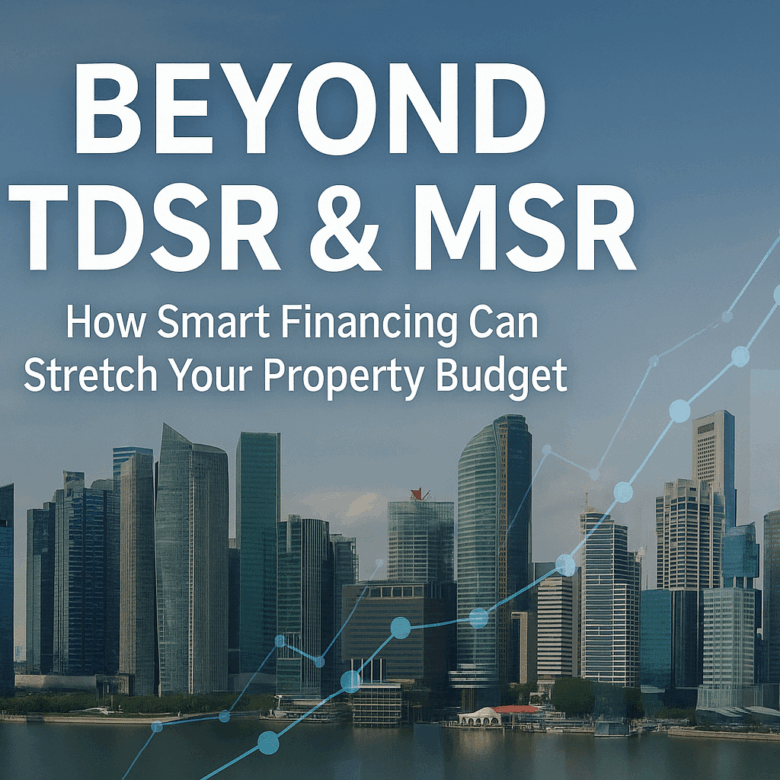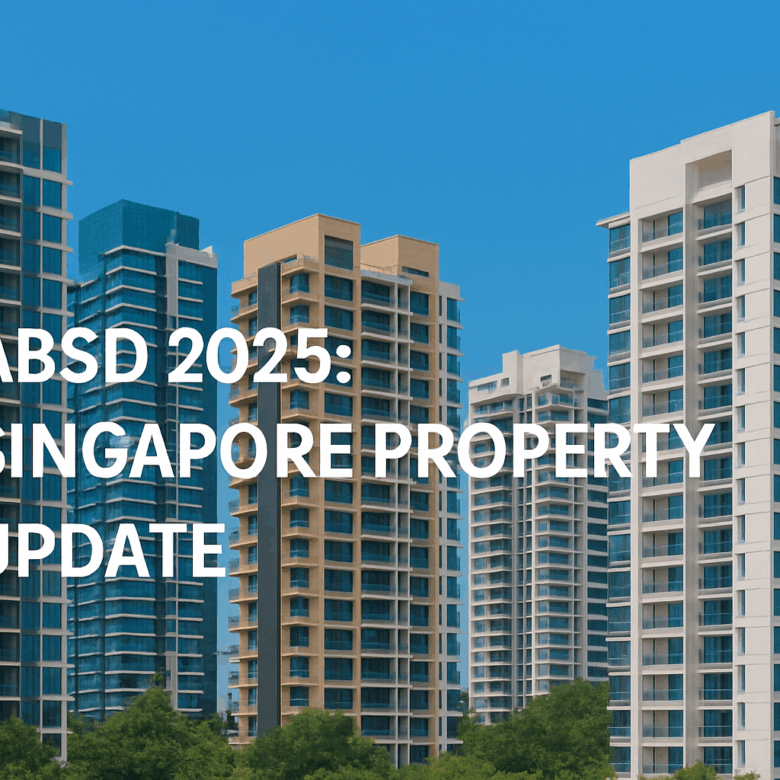As 2025 unfolds, mortgage rates in Singapore remain one of the most talked-about topics among homebuyers and investors. The big question: should you lock in your mortgage rate for stability, or stay on a floating plan that adjusts with the market? Your answer can significantly affect long-term costs and investment returns.
Understanding Mortgage Rate Trends in 2025
Rates are likely to stay unpredictable this year. Global inflation, central bank decisions, and domestic lending policies continue to shape the offers from local banks. The choice between fixed and floating rates depends on how you expect these forces to evolve, and how much volatility you’re willing to accept.
Singapore’s property market cycles show how timing often influences both borrowing costs and property values, making mortgage strategy part of a bigger investment picture.
Lock-In Rates: Stability and Security
A locked-in mortgage brings peace of mind. Your rate stays fixed for a set period, usually two to five years, so repayments remain predictable. This suits homeowners who value consistency or plan to keep their property long-term.
When inflationary pressures rise globally, fixed rates can safeguard you from future hikes and help with stable budgeting.
Pros of locking in:
- Monthly payments stay constant.
- Protection from rate increases.
- Easier long-term financial planning.
Cons:
- You might miss out if rates fall.
- Early repayment penalties can apply.
- Fixed rates start slightly higher than floating ones.
Floating Rates: Flexibility and Potential Savings
Floating rates move with market benchmarks like SORA, adjusting periodically based on broader conditions. When rates drop, your monthly payments can fall too, making this option attractive for buyers expecting a softening rate environment.
Pros of floating rates:
- Potential savings if rates decline.
- Flexibility to refinance or switch lenders.
- Usually no long-term lock-in.
Cons:
- Payments fluctuate as rates change.
- Higher risk if interest rates climb.
- Harder to forecast long-term costs.
Buyers who expect rates to trend lower, or plan to hold a property for a shorter period, often find floating packages more appealing.
Choosing What Fits You
Your choice depends on risk tolerance, lifestyle, and how long you intend to stay in the property. Those who prefer certainty and steady budgeting typically lean toward fixed rates, while flexible investors who can handle short-term changes often benefit from floating plans.
When weighing your options, consider broader financing and policy frameworks that influence affordability, including loan-to-value limits and stamp duty exposure.
Tips for Smarter Mortgage Decisions
- Know your numbers. Assess your income stability and how much fluctuation your budget can handle.
- Track market signals. Global rate cuts, inflation data, and central-bank updates often hint at where mortgage packages are heading.
- Seek tailored advice. An experienced property advisor can match your financial profile with the right mortgage structure.
- Think about timing. Long-term owners value peace of mind; short-term holders may prefer flexibility.
Understanding how valuations and borrowing interact, such as in property valuation and return planning can also help fine-tune your overall investment strategy.
Conclusion
Mortgage rates are more than numbers, they shape your affordability, investment yield, and peace of mind. Locking in brings predictability, while floating provides room to ride the market. The best choice depends not on forecasts, but on how well each option aligns with your personal financial goals.
Contact me today for tailored advice on structuring your next mortgage or investment plan in Singapore’s 2025 market.
Frequently Asked Questions (FAQ)
What’s the difference between fixed and floating mortgage rates?
Fixed rates stay the same for a set term, while floating rates adjust with benchmarks such as SORA.
How can I decide which is better?
It depends on your income stability, risk tolerance, and market outlook.
Is it better to lock in a rate now?
If you expect rates to rise, locking in offers protection. If you foresee cuts, floating may save you more.
Can I switch between fixed and floating later?
Yes, though penalties and refinancing costs may apply.
Do property type or investment goals affect my choice?
Yes. Long-term owners usually prefer stability, while yield-focused investors often choose flexibility.





